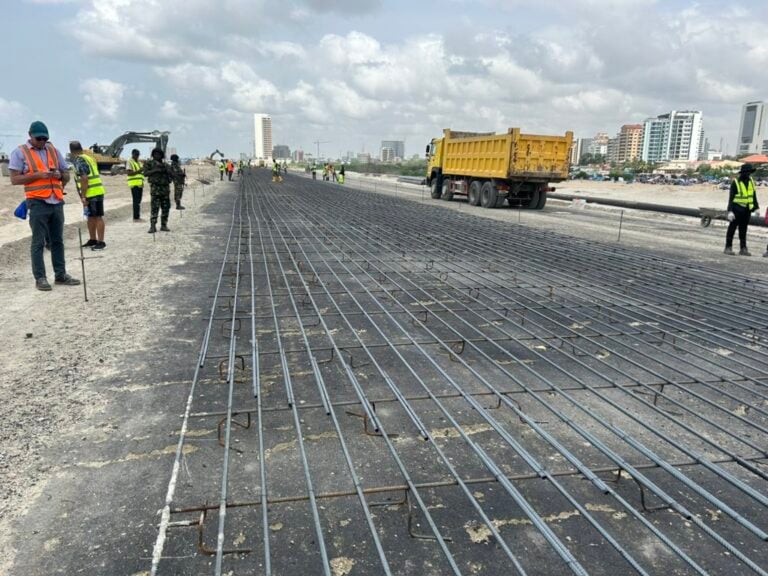
Despite the Nigerian National Petroleum Company (NNPC) Limited saying it has about 1.5 billion litres of petrol in stock that can last 30 days, the black market for the fuel has continued to boom across the country.
The national oil company also said it had engaged security agencies and other industry stakeholders to dismantle a cartel suspected to be hoarding petrol.
The company said, as the nationwide supply and distribution of Premium Motor Spirit (PMS), also known as petrol, continues to improve, it has products that can last for 30 days.
The chief corporate communications officer of the company, Olufemi Soneye, therefore called on motorists to shun panic buying of the product.
At filling stations monitored across several states, including Lagos and the FCT, the queues had since thinned out, a development that will keep improving daily in other states.
The NNPC Ltd also said it was collaborating with relevant downstream agencies, such as the Nigerian Midstream and Downstream Petroleum Regulatory Authority (NMDPRA), labour unions in the sector and security operatives to address hoarding and other unwholesome practices.
RELATED: Unending Fuel Crisis
However, LEADERSHIP checks reveal that black market players are taking advantage of the persistent fuel scarcity and selling petrol at exorbitant prices as high as N1000-N1200 per litre in major cities like Lagos, Abuja, and Kano.
This is in stark contrast to the NNPCL pump price range of N600 and above per litre, depending on the location.
The fuel crisis has taken a toll on Nigerians, with transport fares skyrocketing and long queues at the few filling stations selling at the approved price
The government’s response has so far failed to address the underlying issues driving the black market boom.
The petrol supply challenges facing the country entered its third week yesterday with marketers remaining upbeat about the situation following the release of more volumes by NNPC Limited.
Checks also showed that while the length of queues at some of the filling stations opened to motorists in Abuja has reduced significantly, the situation in Lagos remains unresolved.
Around the central area of the nation’s capital, few retail outlets operated by major marketers were open to the public with queues stretching just beyond their gates.
.png)
 1 week ago
10
1 week ago
10








 English (US)
English (US)